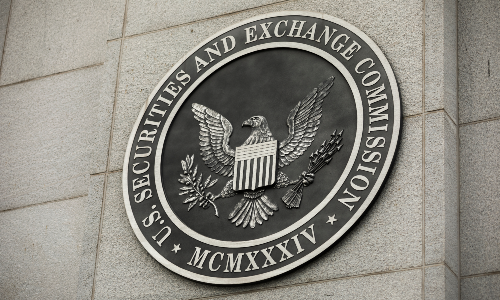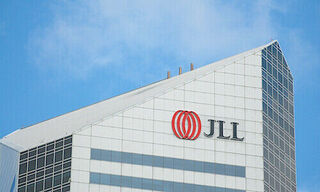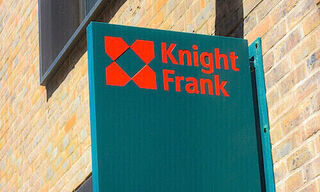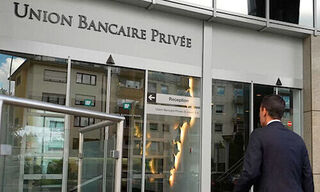Did Credit Suisse's zero-tolerance approach related to risk prompt the delay in its annual report? Whatever the case, the step destroyed more market value than any book-keeping detail did.
The call on Wednesday by the US regulator, the SEC, that subsequently prompted Credit Suisse (CS) to delay publishing its annual report ostensibly came very late for the bank's Swiss head office.
But for the bank's management, which was advised of the matter late at night, the situation was a clear one. The whole thing should be stopped pronto. According to sources inside the bank, this is an expression of the new risk culture that CEO Ulrich Koerner, chairman Axel Lehmann and general counsel Markus Diethelm stand for. If there is any doubt, check. And if the person on the other end of the line is an institution as powerful as the SEC, then even more so.
The reflex is probably a good one given the long series of scandals and the bank's second consecutive annual loss. But, once again, luck was not particularly kind to the bank's leadership. The bank's shares were down as much as 5 percent on Thursday. The calamity of a delayed annual report cost the company almost a half billion dollars in market value in the short term.
Another Communication Mishap?
Investors clearly misunderstood the sign that management wanted to make with the SEC's call. The new risk culture that it intended to exemplify both internally and publicly ended up boomeranging back on itself.
It is also possible that the bank experienced another communication mishap. According to the relatively small information that came through, the whole thing involved a small bookkeeping detail between Credit Suisse and the SEC, nothing more. The «Financial Times» (paywall) apparently was in a position to garner the discrepancy related to a circa $70 million adjustment resulting from the 2021 cash flow restatement.
Slight Adjustments
That is a fraction of the amount of market value that was destroyed. The «Wall Street Journal» (paywall), which is closer to the SEC than the British newspaper, indicates that typically the regulator is usually satisfied with slight wording changes when there are small divergences of opinions between it and banks related to disclosure matters.
By contrast, something really goes wrong when entire sections of the annual report have to be redrafted. In all this, it must also be kept in mind that the annual reports of the major banks are reviewed by external auditors. On Thursday, analysts viewed an open question from the SEC as potentially negative for Credit Suisse and, by extension, any listed company.
In short, however, no one knows anything. But the uncertainty clearly once again weighted on Credit Suisse shares. That should be a reminder for everyone that the bank's fundamental problem is a lack of trust. That is by no means helped by vague indications about consequential measures such as this.



























